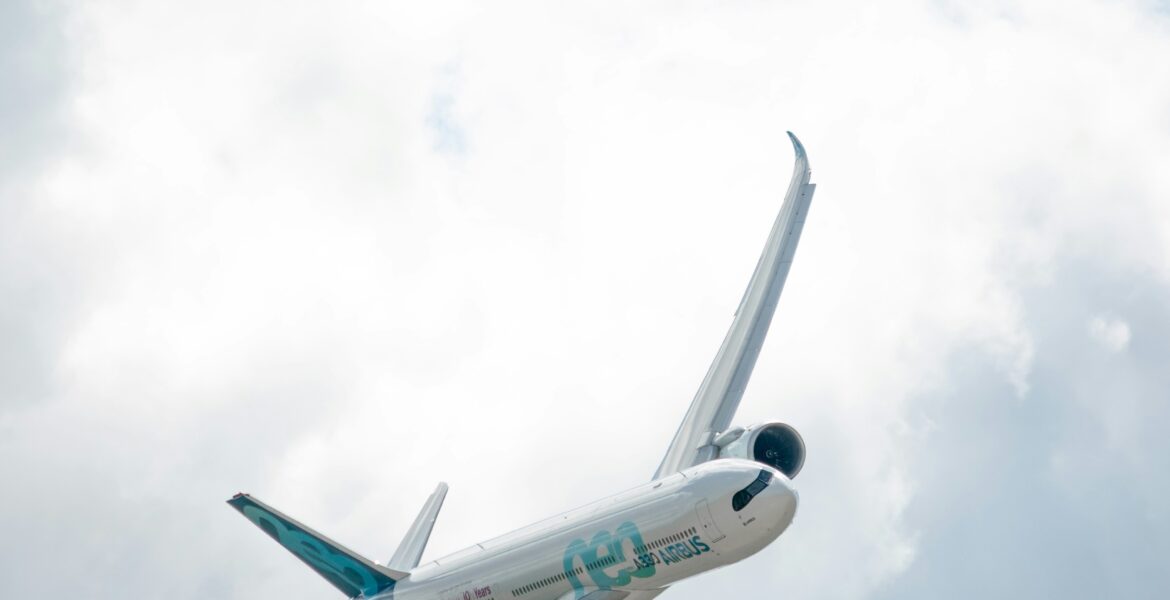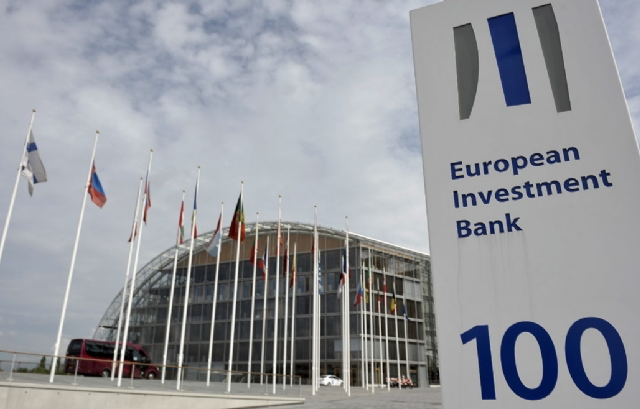Photo by Géraud Gordias on Unsplash
The EU Council presidency and European Parliament’s negotiators have reached a provisional agreement on the reform of the Single European Sky.
The aim of the reform is to try to reduce aviation’s impact on environment and climate.
It also hopes to improve the performance, organisation and management of European airspace.
The legislative package consists of an amended proposal for the recast of the Single European Sky regulation and a proposal for a regulation amending the EU Aviation Safety Agency basic regulation.
Mandatory modulation of en route charges will be introduced to encourage airspace users to support improvements in climate and environmental performance, such as the use of the most fuel-efficient available routing or increased use of alternative clean propulsion technologies, after a cost-benefit analysis determines that such a modulation is feasible and presents an added value.
Reacting, Georges Gilkinet, Belgian minister for mobility, told this site: “I am delighted with this result, concluded under our presidency.
“It will enable major progress to be made in reducing CO² emissions from the aviation sector, and will also give member states more tools to limit the nuisance generated by aeronautical activity.
“Although much remains to be done to help the sector achieve carbon neutrality we will continue to work towards this.”
“The efforts made by all parties to bring this new legal framework for Europe’s skies to a successful conclusion are to be applauded,” added Gilkinet.
Parliament’s rapporteur on the dossier, Marian-Jean Marinescu (EPP, Romania) said: “The deal signifies a shift towards efficiency and sustainability in air traffic management.”
The MEP told this site, “The current nationalistic airspace architecture hampers progress, leading to longer flights, increased emissions, and unnecessary costs.”
“It’s high time to finally prioritize efficiency over nationalism, to pave the way for safer, more cost-effective, and environmentally friendly air travels in Europe.”
Meanwhile, the airline Emirates says it has commenced the activation of its fuel agreement with Neste this month at Amsterdam Schiphol Airport.
Over 2 million gallons of blended Sustainable Aviation Fuel, or SAF, will be supplied into the fuelling system at Schiphol Airport over the course of 2024.
The airline will track the delivery of SAF into the fuelling systems and environmental benefits using standard industry accounting methodologies. The partnership, announced late last year, represents one of the largest volumes of SAF that the airline has purchased to date.
Once fully supplied into Schiphol’s fuelling system, the blended SAF will have been comprised of over 700,000 gallons of neat SAF.
The airline is also working with Neste to supply SAF into the fuelling systems at Singapore Changi Airport in the next few months.
Adel Al Redha, Deputy President and Chief Operations Officer, Emirates said: “Collaborating with committed partners like Neste is one of the practical steps we are taking to reduce our emissions, and it’s an all-important milestone in our own sustainability journey as an airline. Strong partnerships like this, especially at major air transport hubs such as Amsterdam, lay the foundation for how we can work with partners and airports to increase access to and availability of SAF across our network.”
Alexander Kueper, Vice President Renewable Aviation, Neste said: “We are proud to support Emirates in their sustainability journey. SAF is an available solution for reducing greenhouse gas emissions from air travel and it is exciting that Emirates have started using our Neste MY Sustainable Aviation Fuel at Amsterdam Airport Schiphol. It is also a great example of how we are working together with partners to accelerate SAF usage and are looking forward to the next steps of our cooperation.”
SAF used as part of this agreement can be safely dropped into existing jet engines and airport fuelling infrastructure, and in neat form reduces lifecycle carbon emissions by up to 80%* compared to using conventional jet fuel. The airline’s first flight powered by SAF blended with jet fuel took place in 2017 from Chicago.
It currently operates flights from Paris, Lyon and Oslo with SAF. In October of last year, Emirates, with the support of partners, also integrated SAF into Dubai Airport fuelling systems, allocating the SAF to a number of flights, including a flight to Sydney.
Earlier this year, the airline became the first international carrier to join the Solent Cluster in the UK, an initiative focused on low carbon investments with the potential to create a Sustainable Aviation Fuel (SAF) plant that can produce up to 200,000 tonnes (200 kt) per year if operational by 2032.




